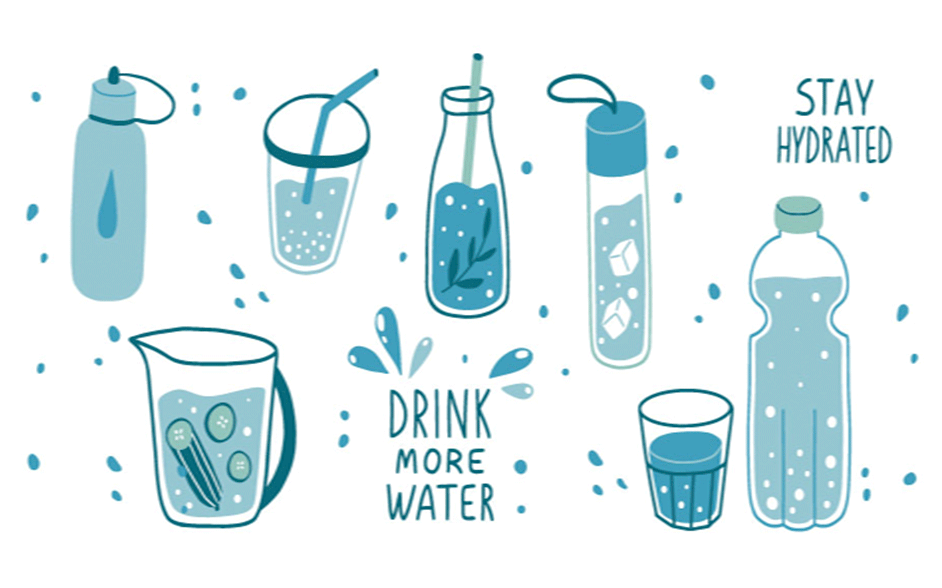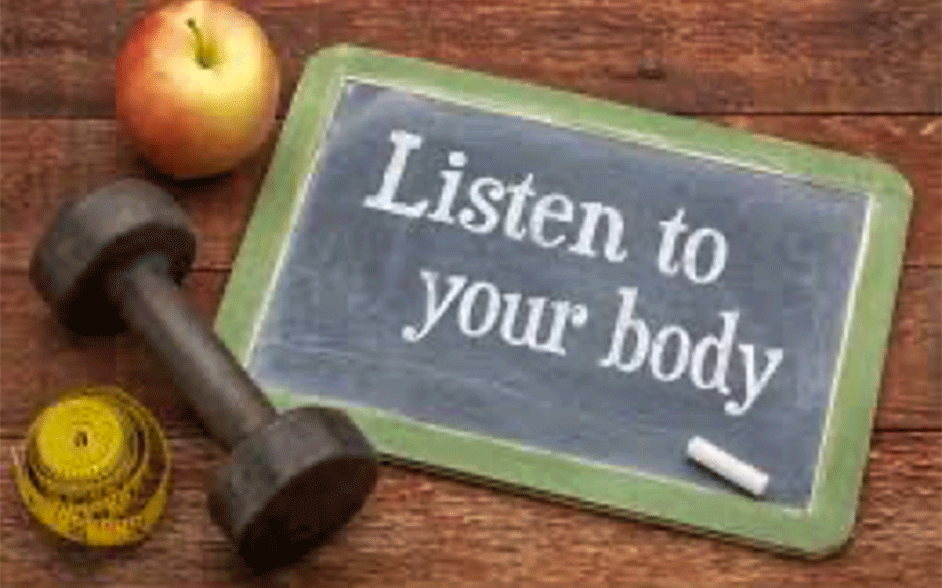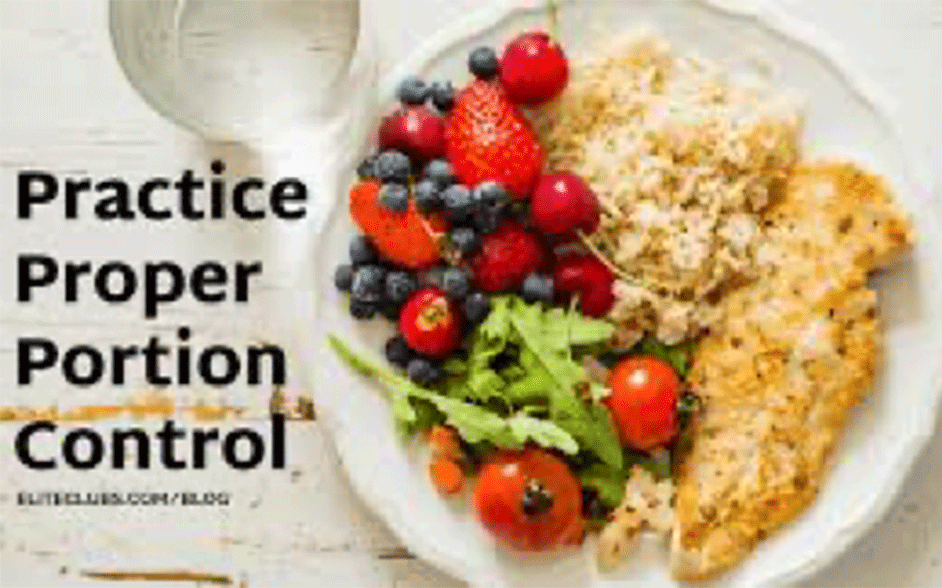- Mumbai, New Delhi, Bangalore
- (+91) 81518 30000
- WhatsApp Now
- contact@vedawellnessworld.com
Eating a range of foods in the appropriate amounts to supply your body with the nutrients it needs is known as balanced nutrition. These nutrients consist of minerals, vitamins, proteins, lipids, and carbs. Everybody has a distinct job to play in supporting different bodily systems and preserving your health.

All body processes, including digestion and the absorption of nutrients, depend on water. Try to stay hydrated throughout the day, and make adjustments according to your activity level and surroundings.

Take note of your feelings after eating various foods. Since every body is different, knowing what your particular needs are will help you choose foods that are better for you. Think about changing your diet if some meals make you feel bloated or lethargic.

Pay attention to portion sizes, even when eating healthful foods, to prevent overindulging. Being aware of serving sizes can enable you to keep a healthy balance without feeling cheated.

You may make sure you’re getting a range of foods and nutrients by organizing your meals in advance. Aim for meals that are high in fruits and vegetables and have a good ratio of fats, proteins, and carbs.
Every element of rehabilitation is impacted by nutrition. Your body requires particular nutrients to heal tissues, restore energy reserves, and boost immunological function during physical activity or illness. The speed and efficiency of your recovery can be greatly impacted by proper diet, which can have an effect on your everyday life, performance, and health.
Regardless matter whether you’re recovering after an intense workout, an illness, or any other kind of physical or mental strain, recovery is an essential part of general health. A well-balanced diet is essential for accelerating the healing process, regaining energy, repairing damaged tissue, and preserving general health. This article will help you understand the fundamentals and get started on the right track if you’re new to the idea of how nutrition supports recovery.
A combination of complete grains, fruits, and vegetables, as well as protein, are recommended for a healthy breakfast. Some examples are a vegetable omelet served with whole grain toast, yogurt with fruit, and porridge topped with almonds and berries.
Replace Refined Grains with Whole Grains: Go for whole grain rice, pasta, and bread rather than white varieties.
Instead of using butter or margarine, use avocado or olive oil.
Choose meals that are high in healthy grains, lean proteins, and veggies. Steer clear of cream sauces and fried foods.
A balanced diet doesn’t include deprivation or rigorous diets; rather, it involves making decisions based on knowledge that will improve your general health. You may meet your body’s needs and improve your quality of life by learning about the functions of various nutrients and including a range of foods in your diet. Recall that the path to a balanced diet is unique to you and will change over time. Begin with little, doable adjustments and progress as you feel more at ease. Cheers to your well-being and prosperity!